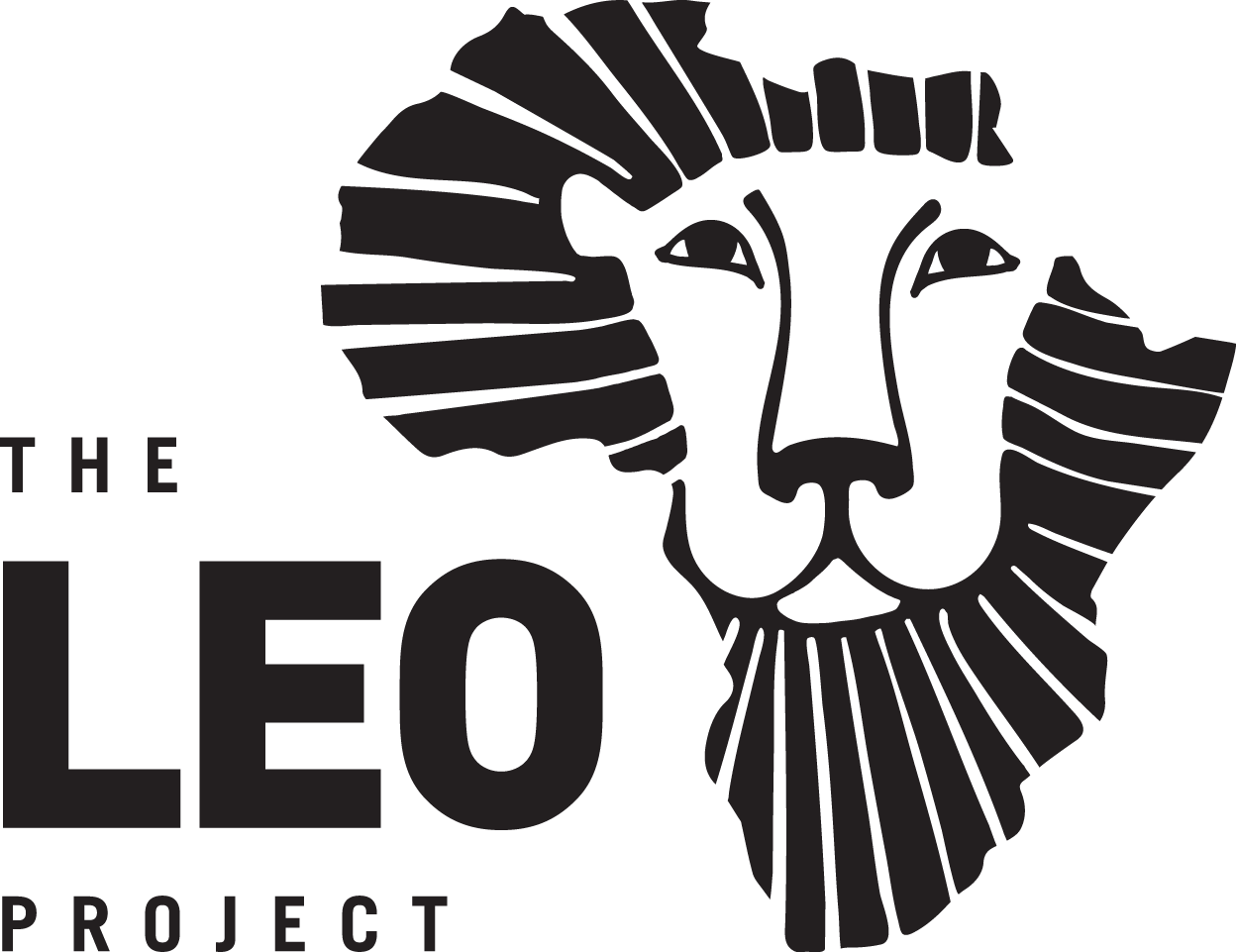From Stigma to Support: The Impact of Mental Health Literacy
Vincent, a local police officer, knows that his role is to enforce the law, but every day he encounters people struggling with far more than legal troubles. Some are caught in family disputes, others in the grips of stress or depression. “Because of the nature of our duty, we come across many cases. There are so many things that happen around us. If we don’t understand, maybe we judge.”
Since taking The Leo Project’s Community Mental Health Literacy course, Vincent can now recognize when someone in a case he’s working on has a mental illness and respond with compassion. “Previously, I would judge someone, but now I’m able to identify that the person should be helped rather than be judged.”
Vincent
The course has given him tools he never had before that extend beyond his work. “Even at home, I’m able to help my relatives, my friends. You know, there are some friends who have mental issues. Previously, I did not understand they were struggling, but now I can help.”
The change, he adds, has been deeply personal. “I have come to find that in my life experience I have not been going through some things in the right way. Now, I have a nicer way of thinking and a better way of life. The class has impacted me positively even in my own life and my family life”.
In another village, Viola— a Community Health Promoter—speaks about the impact of the class in similar terms. “Before, I did not know what mental health was. Now, in my community, I am able to know when a person is not well mentally, and I am able to talk with them and encourage them to come to [The Leo Project’s] clinic and talk to the psychologist.”
Her role as a Community Health Promoter means people turn to her for help. “In my community, they see me as different because they know me as a health worker. I listen to their problems and now I can guide them to see the doctor and talk about mental health.”
For both Vincent and Viola, the course has opened doors—not just for themselves, but for the people in their communities who look up to them. Vincent believes the course should reach far more people. “This course should target as many people as possible, especially all the leaders."Too often, he explained, people misjudge what they don’t understand: “This person is rude. This person is doing this intentionally. They think the person is just bad.” If more people had the chance to learn, he believes “lives would be different. So many people will be helped.”
Viola and her youngest son, Elvis
The Community Mental Health Literacy Course itself is structured to build this transformation step by step. Aimed at community leaders, it includes lessons on the foundations of mental health, crisis recognition, psychological first aid, child development, stress management, and advocacy.
For Vincent and Viola, the program goes beyond knowledge—it has shifted how they see others, and how their communities see them. When people in positions of trust—whether a police officer, a health promoter, a teacher, or a faith leader—begin to talk openly about mental health, it changes the conversation for everyone. Stigma lessens, more people come forward for help, and families begin to understand that well-being is something that can be cared for.
This is the power of TLP’s mental health literacy course: not just equipping individuals, but creating a wider culture of understanding and support across Laikipia and beyond.
Your support is needed and makes a difference. Please consider making a donation.


